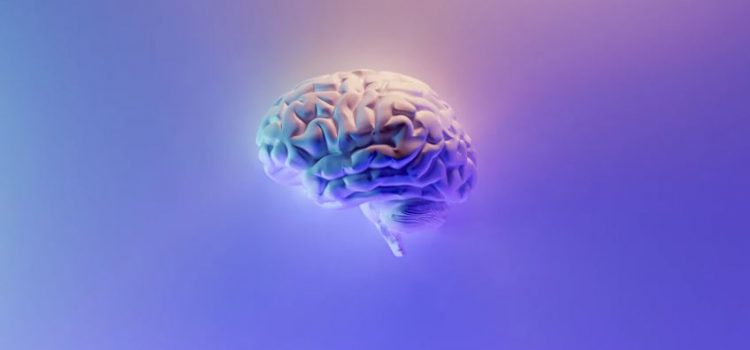Do you feel consistently overwhelmed or pressured? What are the effects that long-term stress can leave on your life? Long-term stress, otherwise known as chronic stress, is the constant feeling of stress over a long period of time. Not only does this type of stress cause physical effects on your body, but it can leave mental effects as well. Your learning skills and memory can be negatively impacted by the amount of stress you are experiencing. Read on to learn more about long-term stress and how it affects your mentality.
Long-Term Stress Effects on Memory and Learning










